A split to live with
For a while now, I have been finding it hard to reconcile two states of mind that have alternatively dominated my look on the future.
To throw around some unfounded but serious sounding terms, within me live both a techno-optimistic millennial as well as an eco-conservative hippie – and at first glance they seem to disapprove of each other.
The curiosity and ambition that comes with an interest in scientific or technological advances can give me the spirit to live a life of molding, creation, and improvement. Wouldn’t it be great to have ‘solved’ a problem and added something ‘useful’ to the world? On the other hand, the superfluous wealth found within society today provides a strong incentive to kick back, relax, and enjoy the finer things in life while trying to make a minimal impact on our environment. A life spent on friends and family, cooking and creativity, and enjoying more but consuming less.
These two ways of living are obviously not exclusive. You could call the former a career, and the latter spare time. But for me, during the course of a day or a certain period of time, either one of the two just seems to make more sense. And the doubt that comes with not being able to choose which one is best, can prevent me from fully embodying both.
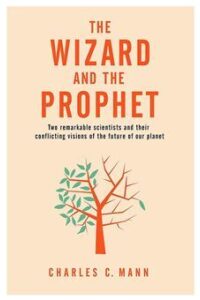
Wizards and Prophets
Now you could think, “What does this have to do with science?”. When reading The Wizard and the Prophet by Charles C. Mann, I recognized the similarities between my abovementioned doubt and his description of how we, as a society, are trying to reconcile progress with impact in the environmental debate. In his book, Mann discusses two types of thinking by people that want to tackle the problem of the environmental impact of continued growth.
The wizards in the book believe that technology can solve all worldwide problems. For example, they say that genetically modified crops can help produce more food and that renewable energy can fight climate change. The prophets, on the other hand, think it's crucial to solve these problems by protecting both human values and the environment. They argue for safeguarding biodiversity and using sustainable farming practices that focus on long-term environmental health instead of quick fixes. The book encourages us to find a way that combines technological progress with moral principles and taking care of nature (ourselves included).
Basically, a technological fix versus a behavioral fix.
A different side of technology
There is plenty to say about methods like population control as advocated by the prophets in the book who conclude that humans are no different from bacteria in a petri-dish with limited food – mostly that it doesn’t end well. But the prophets’ argument that does resonate with me is that a solution only based on a series of scientific-technological fixes, often causing new problems, won’t work.
Although we fed the world by introducing genetically modified crops and synthetic fertilizers, we overdid it and eroded our soil through monocultures. Jevons’ paradox tells us that technologically improving the efficiency of cars to save energy only results in even more fuel consumption. We thought connecting humans through the internet would increase productivity, yet we are facing new problems with attention disorders as a side-effect. And who knows what's coming our way with artificial intelligence?
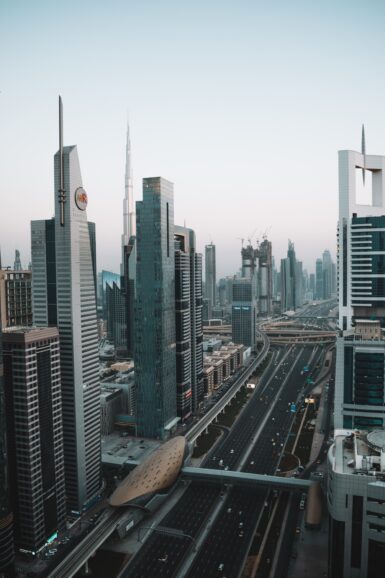
These examples suggest that any technological progress must coincide with social innovation. For now, adopting technological fixes will enable us to maintain unsustainable behavior. But we’ll also need to build resilience by exploring the possible implications ánd correct implementations of our scientific discoveries, certainly if we want to effectively deal with future challenges such as global warming or pandemics today.
Best of both worlds
We could blame techno-washing, which is a phenomenon wherein healthy optimism is confused with deliberate manipulation to benefit stakeholders of a certain technology, for making us lazy. However, the basic idea that I try to convey, is that the naturally alternating balance between wizardry and prophecy is currently tilting to the wizard’s side, while we should be valuing both equally as much.
When I daydream of the future, I see the strengths of both sides come to full fruition: I see vibrant cities surrounded by strong farming communities, hubs where the ambitious work on technological progress to maintain comfort, while others found meaning in the countryside nourishing us on small-scale farms. All of this supported by futuristic agricultural methods, types of transport that connect these worlds and retain cohesion, and online interconnectedness to remain in proximity even in rural areas. This doesn’t even sound too far away from the current day, but right now, it seems that the majority is stranded in the suburbs as a sort of weird compromise between these two ways of life.
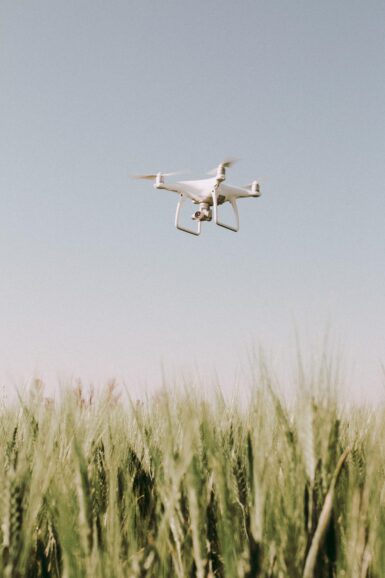
Do we as scientists even think about what would be our ideal society, the ideal way to live, economically but also socially and culturally, or is that something we believe we’re automatically headed to? Are you sure of what you’re working on or why it matters? How would you imagine the future? Not having an answer to these questions is ok – just digging for more knowledge can’t hurt - but the communicators and legislators adopting and promoting scientific knowledge definitely should.
And on the personal level, in the end, we can be content to have added to the heap of knowledge and have helped progress, or to have expressed ourselves creatively and to have made a social impact on our surroundings. But being able to foster both sides - just think of the way nature, art, and science have inspired each other in the past – can turn out to be worth more than the sum of their parts.
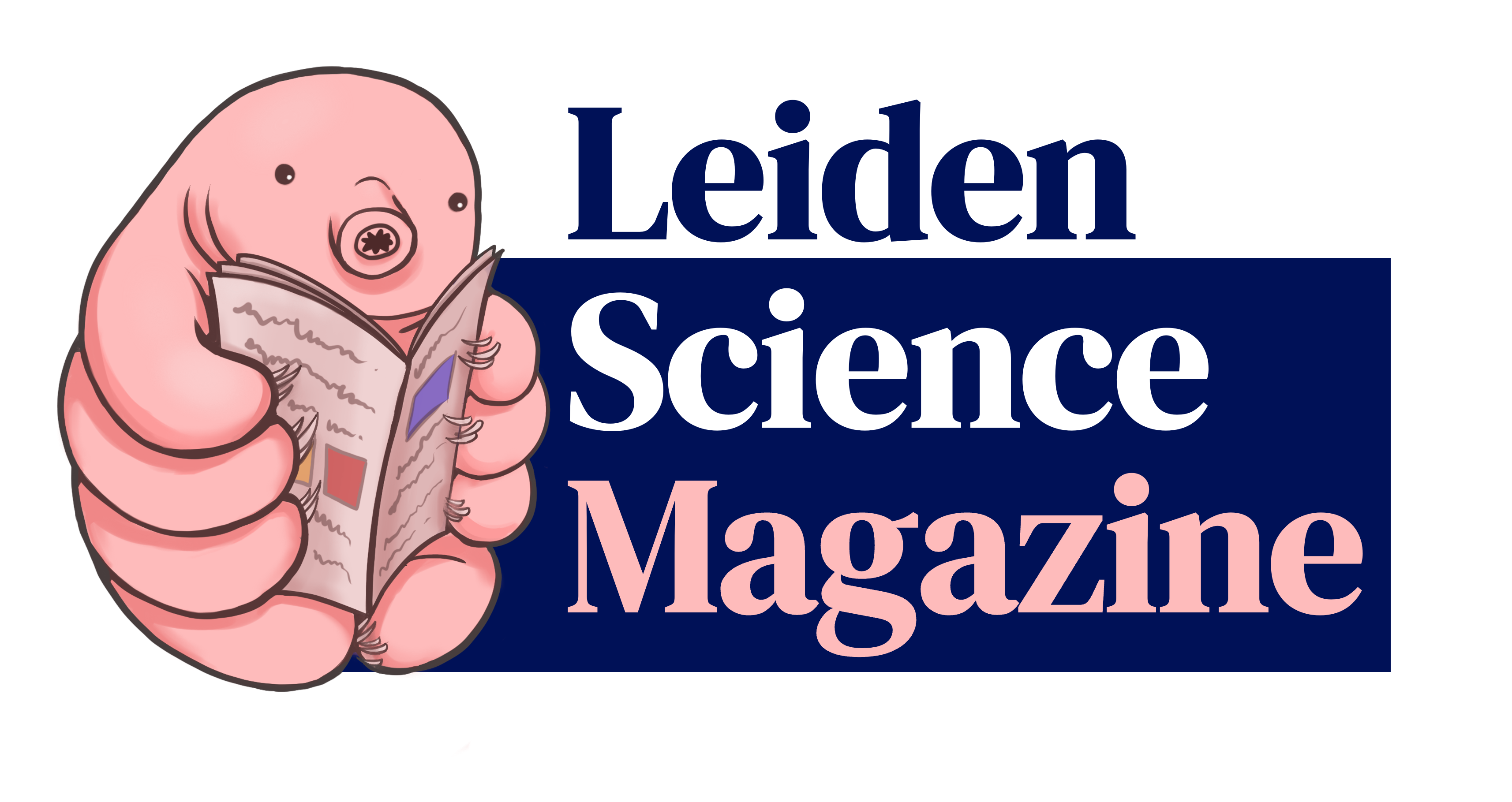

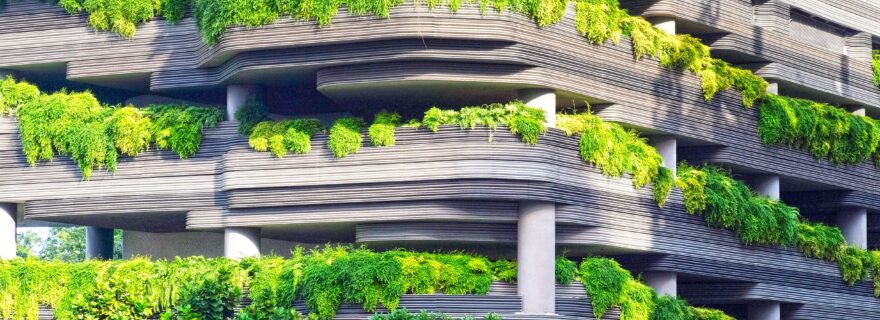
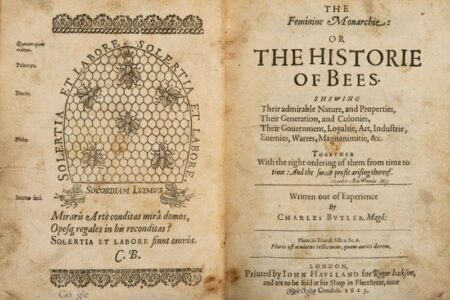
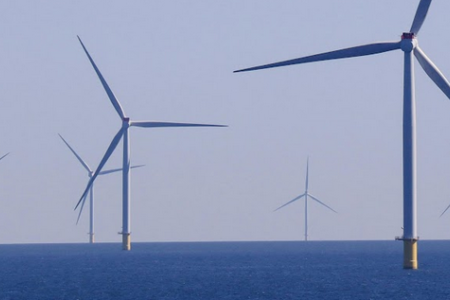
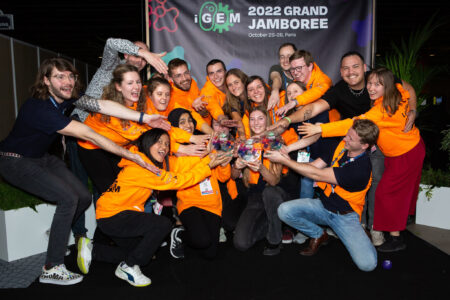
0 Comments
Add a comment